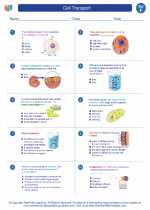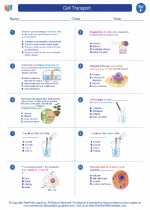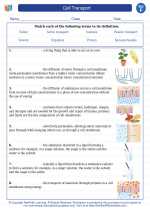Vitamin K
Vitamin K is a fat-soluble vitamin that plays a crucial role in blood clotting and bone health. There are two main forms of vitamin K: K1 (phylloquinone) which is found in leafy green vegetables, and K2 (menaquinone) which is synthesized by bacteria in the gut and found in animal products and fermented foods.
Functions of Vitamin K
- Blood Clotting: Vitamin K is essential for the production of proteins that help in blood clotting, preventing excessive bleeding.
- Bone Health: Vitamin K is involved in the regulation of calcium, which is essential for maintaining strong and healthy bones.
Sources of Vitamin K
Good dietary sources of vitamin K include:
- Leafy green vegetables such as spinach, kale, and broccoli
- Meat, especially liver
- Eggs
- Dairy products
- Fermented foods like natto and certain cheeses
Recommended Intake
The recommended dietary allowance (RDA) for vitamin K varies by age and gender. For example, the RDA for males aged 9-13 years is 60 micrograms per day, while for females in the same age group, it is 60 micrograms per day.
Deficiency and Toxicity
A deficiency in vitamin K can lead to excessive bleeding and impaired blood clotting. Individuals at risk for deficiency include those with malabsorption conditions or those taking certain medications that interfere with vitamin K absorption.
On the other hand, toxicity from excess vitamin K intake is rare and usually occurs from over-supplementation. It can lead to jaundice and damage to red blood cells.
Study Guide
To study vitamin K effectively, consider the following points:
- Understand the functions of vitamin K in blood clotting and bone health.
- Memorize the dietary sources of vitamin K.
- Be familiar with the recommended intakes of vitamin K for different age groups and genders.
- Recognize the symptoms of deficiency and toxicity of vitamin K.
Remember to eat a balanced diet that includes foods rich in vitamin K to maintain optimal health!
[Vitamin K] Related Worksheets and Study Guides:
.◂Science Worksheets and Study Guides Sixth Grade. Cell Transport

 Worksheet/Answer key
Worksheet/Answer key
 Vocabulary/Answer key
Vocabulary/Answer key
 Vocabulary/Answer key
Vocabulary/Answer key
